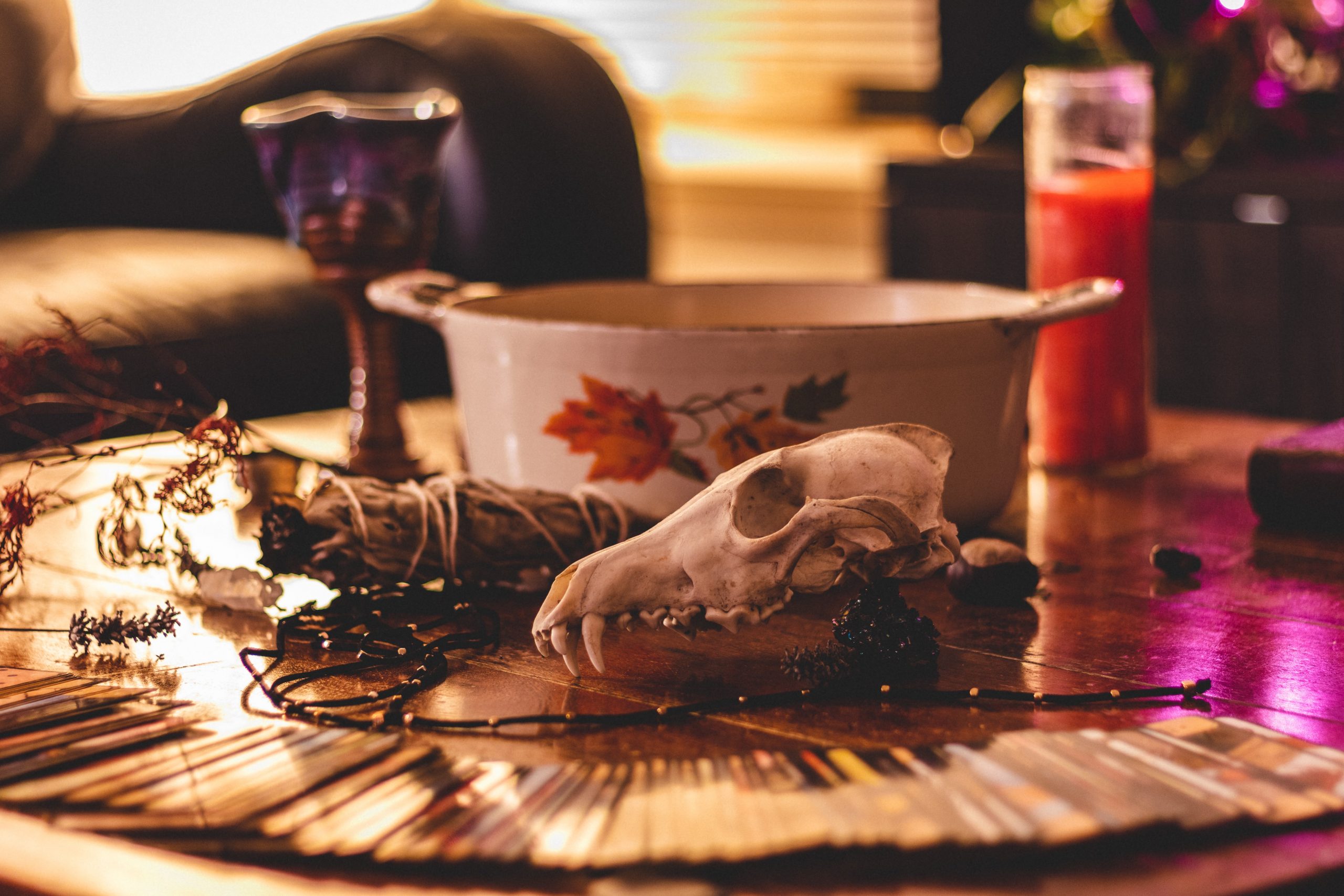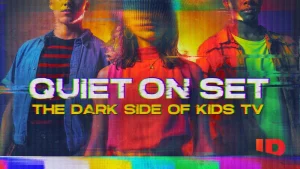What’s a witch?
Witchcraft in the 21st century
Hendricks Chapel is creating a safe space for all spiritualities, not just the mainstream, well-known religions. Many people don’t know that Syracuse University recognizes paganism as a religion through the organization SPIRAL (Student Pagan Information, Relations and Learning).
However, paganism is extremely stigmatized. Many people associate this religion with the devil, or other evil forces, which is far from the truth. In fact, some pagans don’t even believe in evil. There is a lot to learn – and unlearn – about 21st century witchcraft, and this article is a good place to start. Read on to learn about paganism, its history and what the practice entails.
What is Paganism?
Paganism is difficult to pinpoint, because it’s a general term for numerous different practices including Wicca, Druidry, Witchcraft and others. One pagan may have completely different beliefs from another.
In general, paganism is an umbrella term referring to Earth-based faiths. Paganism is not necessarily polytheistic or monotheistic, but typically it is associated with polytheism and Earth-based gods and goddesses. However, some pagans don’t necessarily believe in a god at all.
Where Does Paganism Come From?

There are many practices that are regarded as pagan dating back to 30,000 BCE. In the 4th century, the Roman Empire outlawed non-Christian religions, but the presence of nearby indigenous practices continued in secret. Both Christian and Indigenous beliefs mingled and combined different beliefs into modern-day Christianity and paganism. For example, ornaments that we hang on our Christmas trees can be traced back to the pagan tradition of Witch Balls, which are hung year-round to ward off spirits.
What are the Branches of Paganism?
As previously mentioned, Paganism is a combination of many different practices.
Witchcraft is, again, difficult to define, but it is far from the likes of Harry Potter or Hocus Pocus. Witchcraft is, in my own, simplistic terminology: being in-tune with the Earth and universe, and having a heightened ability to manipulate the universe’s energy. There are many different types of witches with varying paths, such as green witches or eclectic witches. Witchcraft is a practice, and therefore you could be a Christian Witch or a Pagan Witch, though some people simply identify with “witch.”
Witchcraft is commonly conflated with Wicca, which is a religion that typically worships a God and Goddess, usually related to the Earth. You can be a Wiccan Witch, but not all wiccans are witches, just as you can be a Pagan Witch, but not all pagans are witches.
Keep in mind that there are many other branches of Paganism, too numerous to confine to one article.
What is Magick?
Witches typically practice magick (the k is added to divide the fantastical magic in Disney movies and the real-world magick). These are written rituals where the individual witch is going into a spell with a set intention. Many use herbs and crystals, but you don’t have to have anything to be a practicing witch: if you have clear intentions and an open mind, you can cast a spell.

The most common spells for beginners are money and protection spells. For example, if one wanted to attract more money in their life, they could perform a money spell, or a luck spell. This could be lighting a green candle with a sigil carved into it, or meditating with an aventurine crystal. While doing this, you would also still continue working, and maybe you would receive a bonus, or find $20 on the ground.
Spells can come in varying forms, and not everyone practices in the same way. Some people use spells from books or the internet, whereas I (and many others) prefer to write my own.
However, magick does not fix everything. Magick is meant to aid you, like a tool (such as divination). It cannot do all the work for you. If you are not actively practicing change, change will simply not come.
What do I do if I think I am a witch or pagan?
Many witches believe that witchcraft runs in families, and that you cannot be a witch unless it runs in your blood. But, honestly, I think that means that anyone could be a witch. Also, I strongly believe that if you are at all drawn to the idea of witchcraft, then it is meant to be– even if only for a short period of time in your life.
Before you dive into practicing any spells, make sure to research as much as you can. Diving into a spell as a beginner with very little knowledge on the subject is extremely dangerous if you do not know how to protect yourself. So, research as much as possible, and just when you think you know enough, research some more. You can find a lot of good information from YouTube, podcasts, and books. One thing about witchcraft is that you are NEVER done learning!
For both pagans and witches, I also recommend joining this Amino, which is a great resource for information (but fact check EVERYTHING!). And, for SU students, join SPIRAL!
Get ready to research, research, research! Good luck on your journey, and blessed be!





